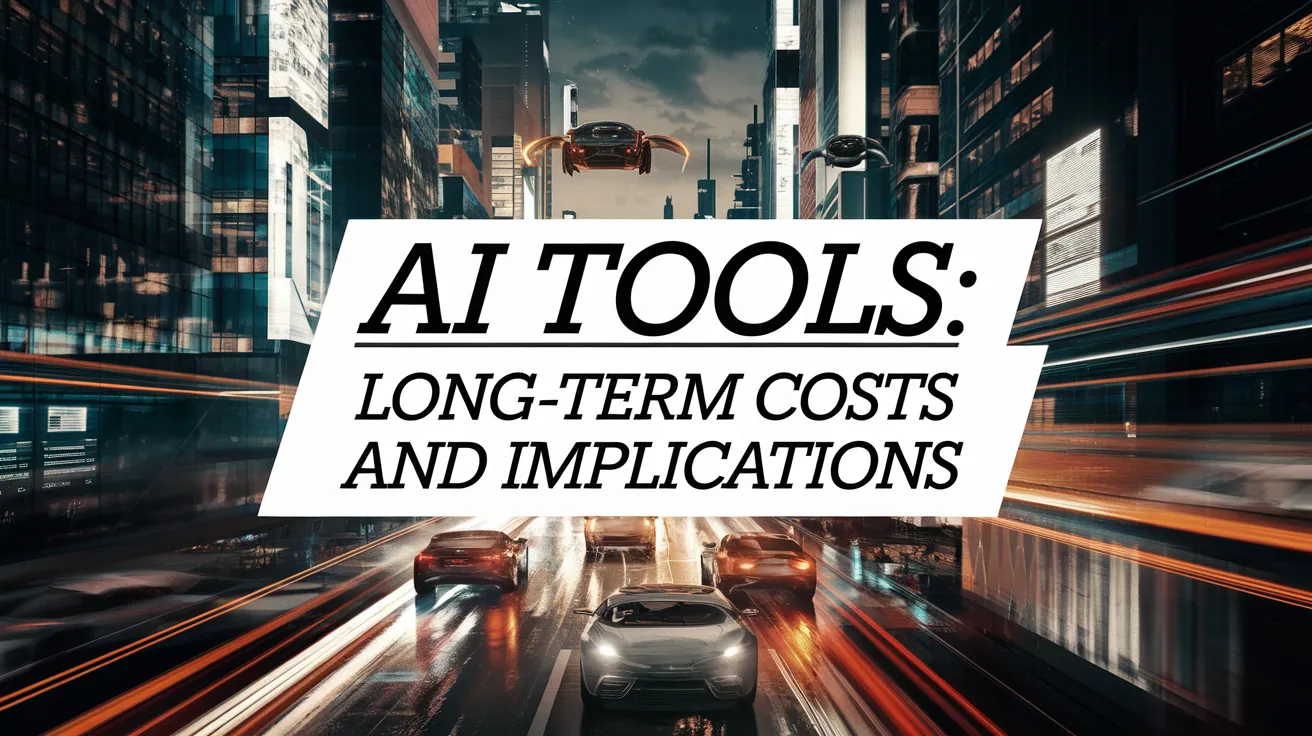AI Tools: Long-term Costs and Implications

In recent years, the rise of affordable AI tools has sparked significant debates regarding their long-term implications for the job market. Luke Arrigoni, an AI entrepreneur and founder of Loti AI, highlights a crucial concern: the price points of AI tools are so low that they could lead to the elimination of entry-level jobs, ultimately hindering career growth for many professionals.
AI Tools Versus Human Workers
Reflecting on his personal experience, Arrigoni recalls earning $63,000 at his first job as a junior software developer in 2007, while today, AI tools capable of writing more sophisticated code are available for as little as $120 annually. This substantial difference raises troubling questions about the future of entry-level positions. Arrigoni argues for a reevaluation of the pricing structure of AI systems, suggesting that if these tools were more expensive, companies would have a stronger incentive to hire new talent instead of relying solely on AI.
The Current Landscape of AI and Jobs
The conversation surrounding AI’s impact on employment is gaining new urgency, particularly as demand for AI agents increases. These systems can perform tasks previously designated for human workers, such as software development and sales calls. Although platforms like ZipRecruiter report a rebound in summer internships in the U.S. to pre-pandemic levels, there is a palpable fear that this trend may not continue in the face of advancing AI technologies.
Comparing AI to Entry-level Workers
At a recent event, OpenAI CEO Sam Altman noted that current AI tools resemble interns, while future iterations would function more like seasoned professionals. This comparison raises the question of how managerial roles might shift as companies begin to utilize these AI agents in a similar manner to traditional entry-level employees.
Pricing Pressure and Market Dynamics
Since the advent of AI technologies like ChatGPT, the pricing landscape has seen fluctuations characterized by intense competition. Many AI companies offer free tiers or low-cost subscriptions to attract users; however, this creates a challenge regarding sustainable profitability for these businesses. Executives from various startups indicate that the low pricing strategy is a response to the competitive nature of the AI market, leading companies to prioritize widespread adoption over profit.
The Value Proposition of AI in Business
Interestingly, some industry leaders believe that the pricing models employed by companies like GitHub should reflect the value these AI tools bring to users. Erica Brescia, a managing director at Redpoint Ventures, expressed astonishment at the low price of Google’s new AI Ultra plan, arguing that a price hike could better correspond to the levels of service and support provided by these technologies. Others in the field, like Zed CEO Nathan Sobo, share a vision of maintaining affordability to enhance use cases and drive job creation.
The Road Ahead for AI and Employment
Despite the promise AI offers, many experts see a disconcerting trend emerging: AI tools could price out entry-level workers, thereby disrupting traditional career pathways. Economist Simon Johnson suggests that to combat this growing concern, legislative actions to lower payroll taxes for entry-level roles may serve to encourage employers to hire. Nevertheless, for entrepreneurs like Arrigoni, the solution lies in fostering a balance where junior engineers are valued and appreciated rather than replaced by AI.
In essence, while cheap AI tools can significantly enhance efficiency and reduce operational costs, they also present a precarious challenge for future job seekers striving for professional growth. Engaging in thoughtful discussions about pricing and its broader implications will be critical as we navigate this evolving technological landscape.